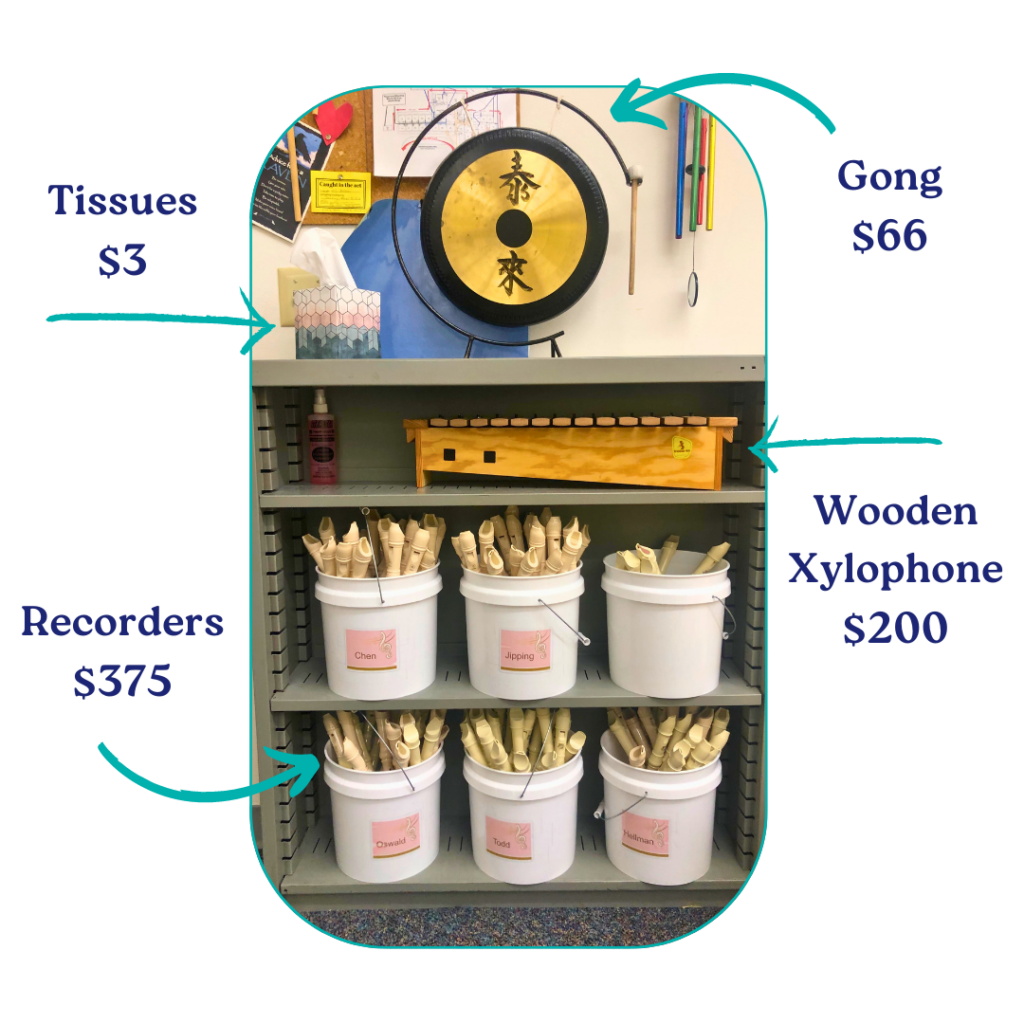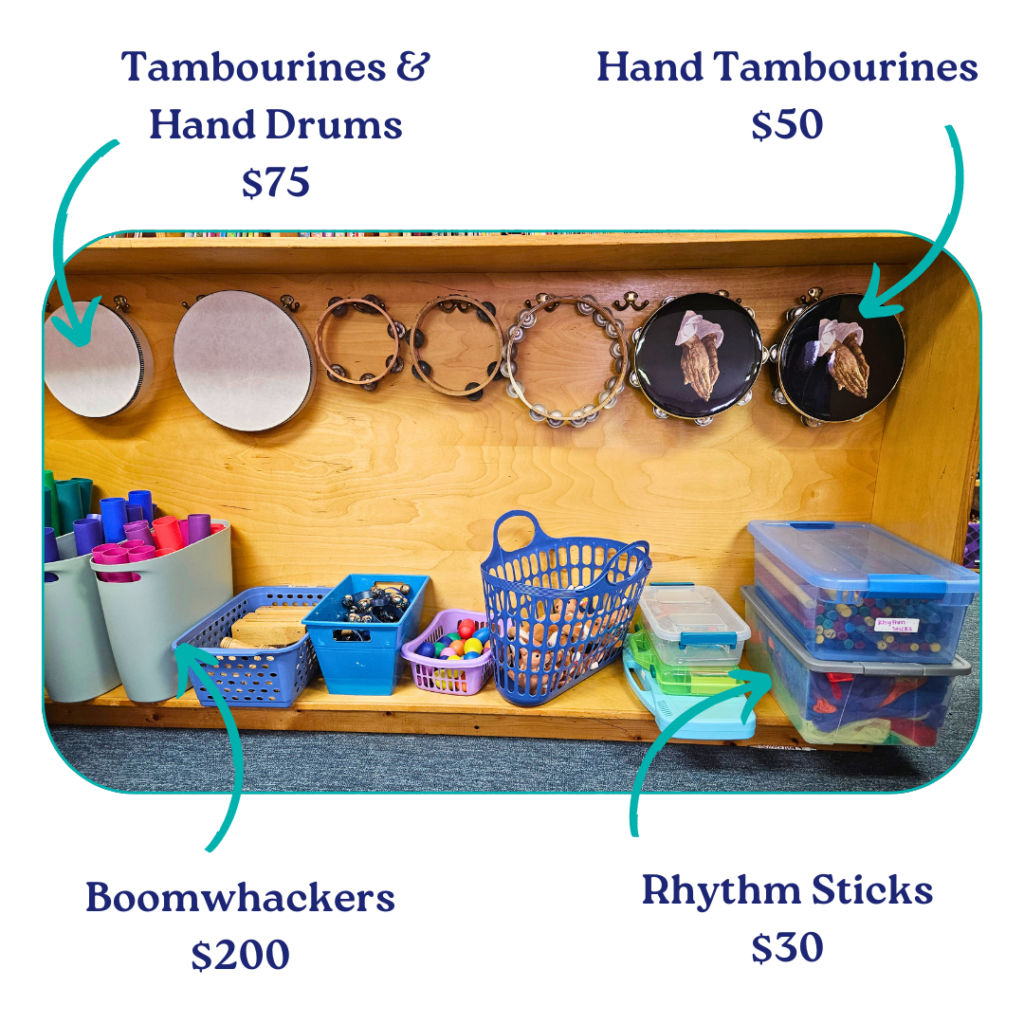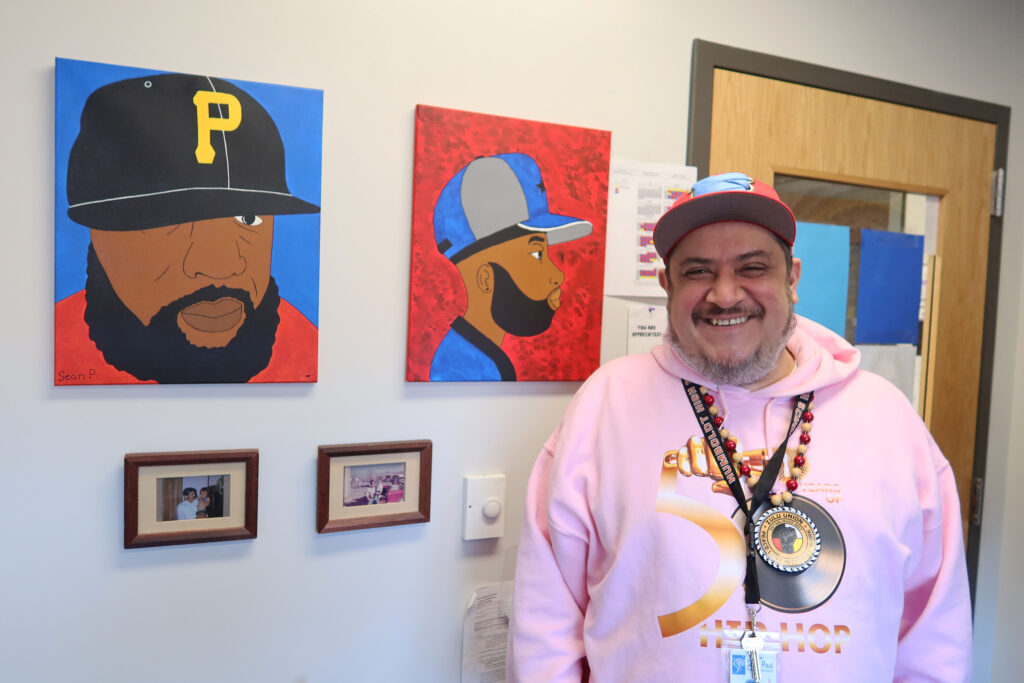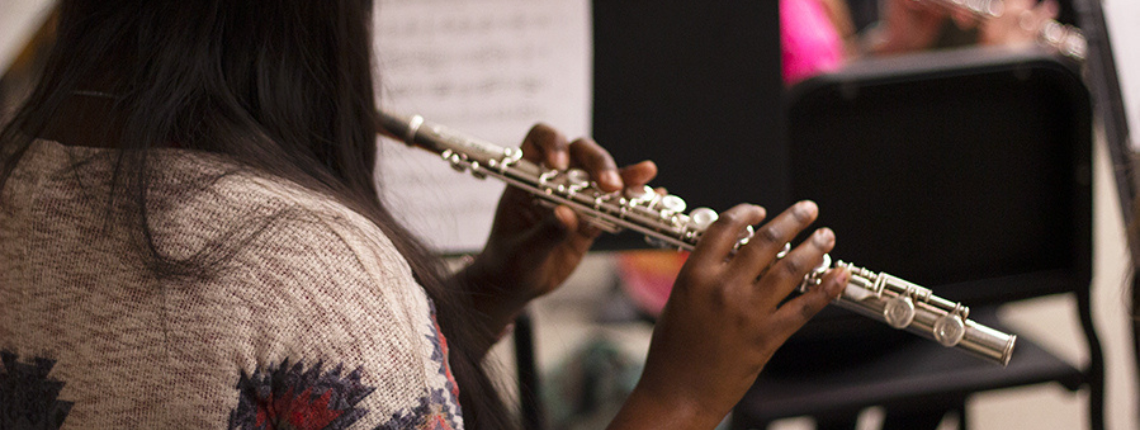March is Music Education Month.
This month, we’re reminded that music education matters. Research indicates music education can promote better grades, improved literacy, the development of empathy, and other social-emotional wellness skills.
According to the National Arts Education Status Report:
-
3.6 million public school students don’t have access to music education at school.
-
More than 2 million students don’t have access to any type of arts education at school.
-
Funding for music education is under threat at schools across the country, in both urban and very rural communities.
-
Students of color and kids experiencing poverty are the most likely to lack access to quality music education.
To Ensure Students Don’t Miss a Beat, Teachers Purchase Music Education Products Themselves
Teachers spend an average of $860 on school supplies every year. Most teachers said they do this because they want every student to have the same opportunities in the classroom. For music teachers, that means are purchasing their own instruments, sheet music, speakers, and more.
What does it cost to keep a music classroom stocked with both instruments and regular classroom supplies? Hundreds, if not thousands, of dollars.
Take a peek into two AdoptAClassroom.org teachers’ classrooms and you’ll see how out-of-pocket costs can add up quickly for music teachers.


More than 500 music classrooms are asking for help right now on AdoptAClassroom.org. Thousands of educators will purchase music supplies for general education classrooms, too.
Music as a Tool to Reach Students

Music education doesn’t only include tambourines or a piano. As teachers are looking for authentic ways to connect with their students, many have found relying on the music they loved as a student to be a powerful tool.
School social worker Reies Romero is a member of his local hip-hop community. Reies also incorporates hip-hop into his work with students in St. Paul, MN.
“In a previous role, I did hip-hop song analysis with fourth to sixth graders,” Reies said. “During the class, there was just one young scholar who mentioned his favorite artist. I never heard of the guy. So this is how you learn from your students as you’re teaching. I think it was the next session, I printed out the clean version of one of his songs. It was kind of depressing, but the kids love this guy. And you have to honor that. So we did some song analysis and it was very interesting to hear their perspective.”

Today, Reies works with high school students, but he’s found that sharing the artists he loves helps him build meaningful relationships with his students on topics that matter to them.
“Hip-hop helps me concentrate when I’m studying. It helps me zone out,” said high school junior, Jose.
“Hip-hop helps me, too,” said Sebastian, also a junior student. “It represents me and I can connect with the lyrics. They pump me up and help me stay focused when I’m studying.”
Honor Music Education Month and Support Teachers
If you would like to support music education, you can do the following right now:
-
Find a classroom to support with music supplies on AdoptAClassroom.org.
-
Give to the Arts Fund and provide music education to students that need it the most.
